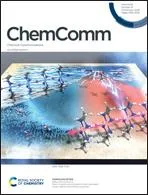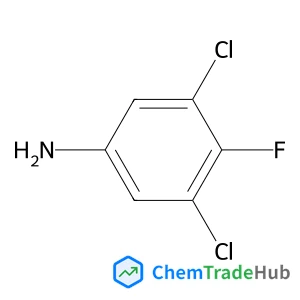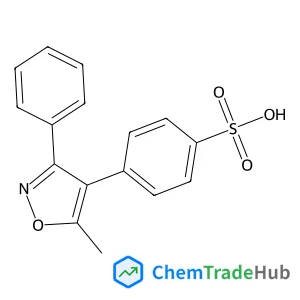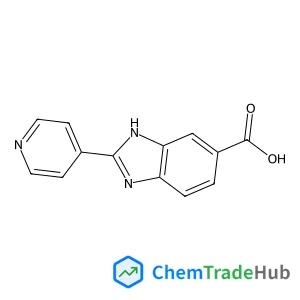Engineering nanoporous organic frameworks to stabilize naked Au clusters: a charge modulation approach
文献情報
Chengcheng Tian, Xiang Zhu, Huize Wang, Hai Wang, Carter W. Abney, Ning Zhang
A simple charge modulation approach has been developed to stabilize naked Au clusters on a nanoporous conjugated organic network. Through engineering pore walls with regulated charges, the controllable growth of Au nanoclusters has been realized. The resulting supported catalyst exhibits excellent performance in the aerobic oxidation of alcohols.
関連文献
IF 6.222
Front coverIF 6.222
Engineering nanoporous organic frameworks to stabilize naked Au clusters: a charge modulation approachIF 6.222
Non-aqueous neptunium and plutonium redox behaviour in THF – access to a rare Np(iii) synthetic precursorIF 6.222
Outstanding Reviewers for ChemComm in 2020IF 6.222
Strong circularly polarized luminescence of an octahedral chromium(iii) complexIF 6.222
Three-terminal III–V/Si tandem solar cells enabled by a transparent conductive adhesiveIF 6.367
Life cycle assessment of plasma-assisted ethylene production from rich-in-methane gas streamsIF 6.367
Co-production of pure hydrogen, carbon dioxide and nitrogen in a 10 kW fixed-bed chemical looping systemIF 6.367
Mechanically stable and economically viable polyvinyl alcohol-based membranes with sulfonated carbon nanotubes for proton exchange membrane fuel cellsIF 6.367
掲載誌
Chemical Communications

ChemComm publishes urgent research which is of outstanding significance and interest to experts in the field, while also appealing to the journal’s broad chemistry readership. Our communication format is ideally suited to short, urgent studies that are of such importance that they require accelerated publication. Our scope covers all topics in chemistry, and research at the interface of chemistry and other disciplines (such as materials science, nanoscience, physics, engineering and biology) where there is a significant novelty in the chemistry aspects. Major topic areas covered include: Analytical Chemistry Catalysis Chemical Biology and medicinal chemistry Computational Chemistry and Machine Learning Energy and sustainable chemistry Environmental Chemistry Green Chemistry Inorganic Chemistry Materials Chemistry Nanoscience Organic Chemistry Physical Chemistry Polymer Chemistry Supramolecular Chemistry
おすすめサプライヤー
 石家庄祥盛建材有限公司
石家庄祥盛建材有限公司 VRmagic GmbH
VRmagic GmbH 合肥新НОワバイオテクノロジー株式会社
合肥新НОワバイオテクノロジー株式会社 ユクリーガル・ケミカル株式会社
ユクリーガル・ケミカル株式会社 江苏常隆化工有限公司
江苏常隆化工有限公司 Denios AG
Denios AG 揚州長華生物科技有限公司
揚州長華生物科技有限公司 グラステクニッシュ · ワークショップディーター · ヴェーリース
グラステクニッシュ · ワークショップディーター · ヴェーリース 石晗鎮超微新素材科技有限公司
石晗鎮超微新素材科技有限公司 EVAL Europe N.V.
EVAL Europe N.V.










![25553-77-9 - 1-[2-(1,3-Dioxolan-2-yl)ethyl]piperazine 25553-77-9 - 1-[2-(1,3-Dioxolan-2-yl)ethyl]piperazine](/structs/255/25553-77-9-5274.webp)


![1337532-29-2 - 1-(5-(4-amino-7-methyl-7H-pyrrolo[2,3-d]pyrimidin-5-yl)-4-fluoroindolin-1-yl)-2-(6-methylpyridin-2-yl)ethanone 1337532-29-2 - 1-(5-(4-amino-7-methyl-7H-pyrrolo[2,3-d]pyrimidin-5-yl)-4-fluoroindolin-1-yl)-2-(6-methylpyridin-2-yl)ethanone](/structs/133/1337532-29-2-edb6.webp)
